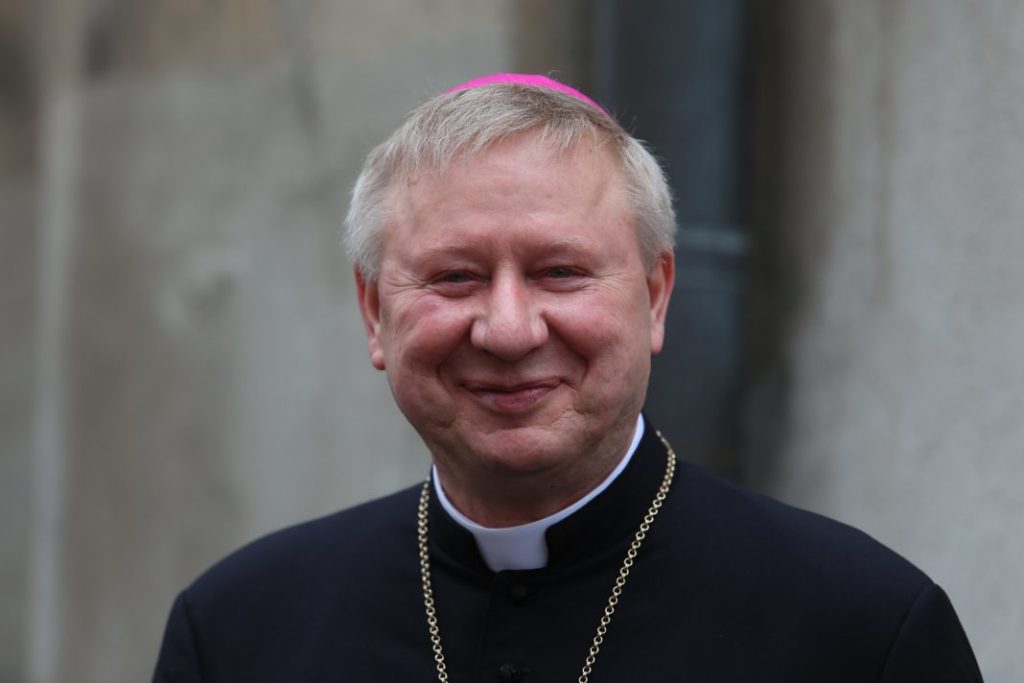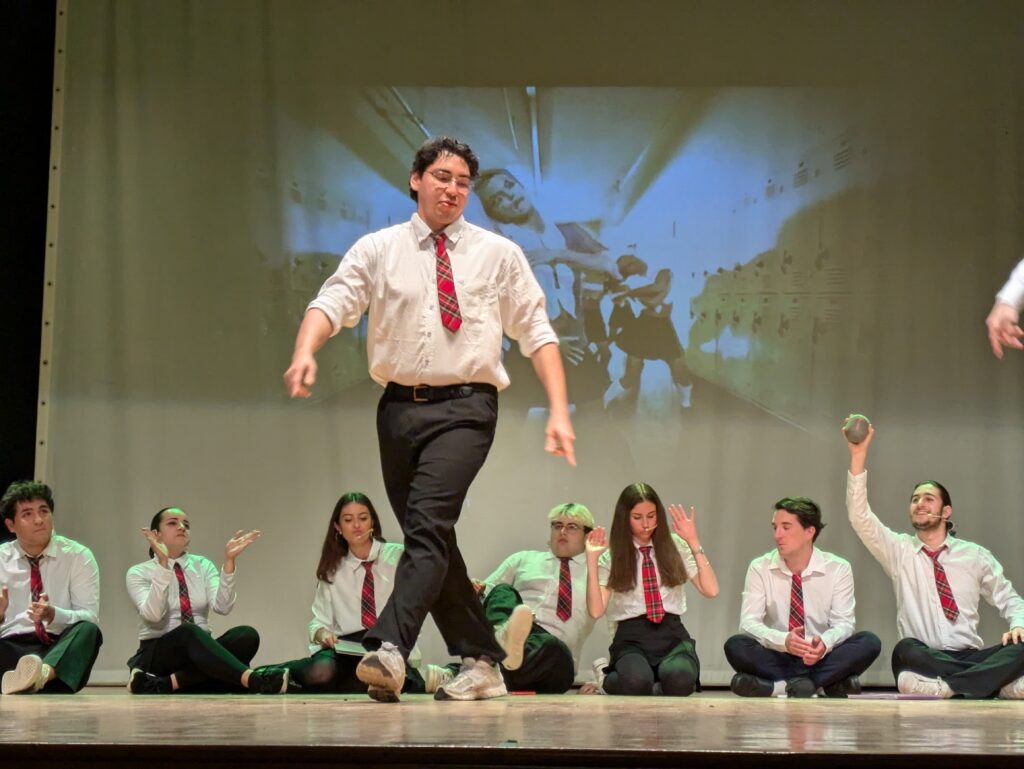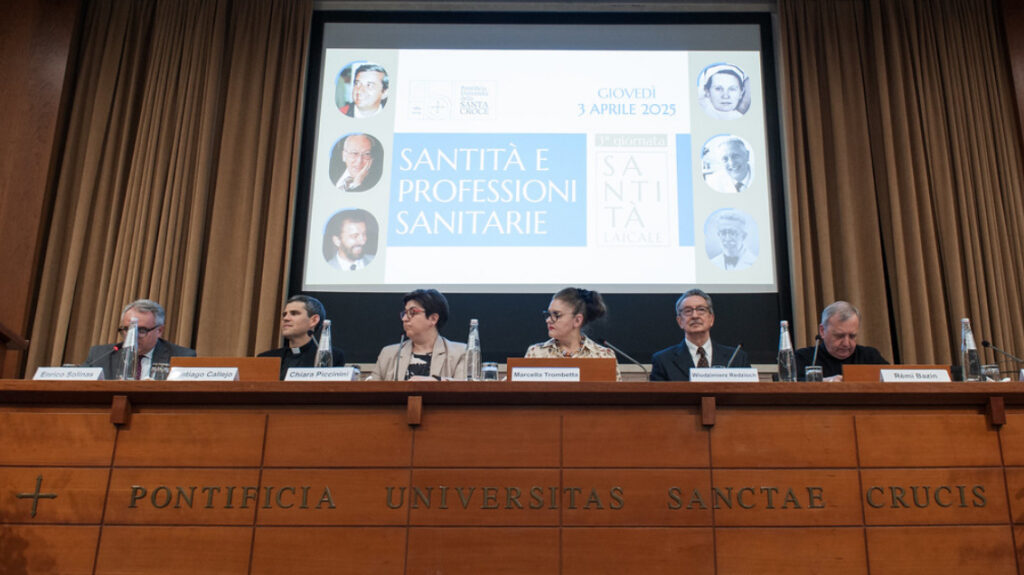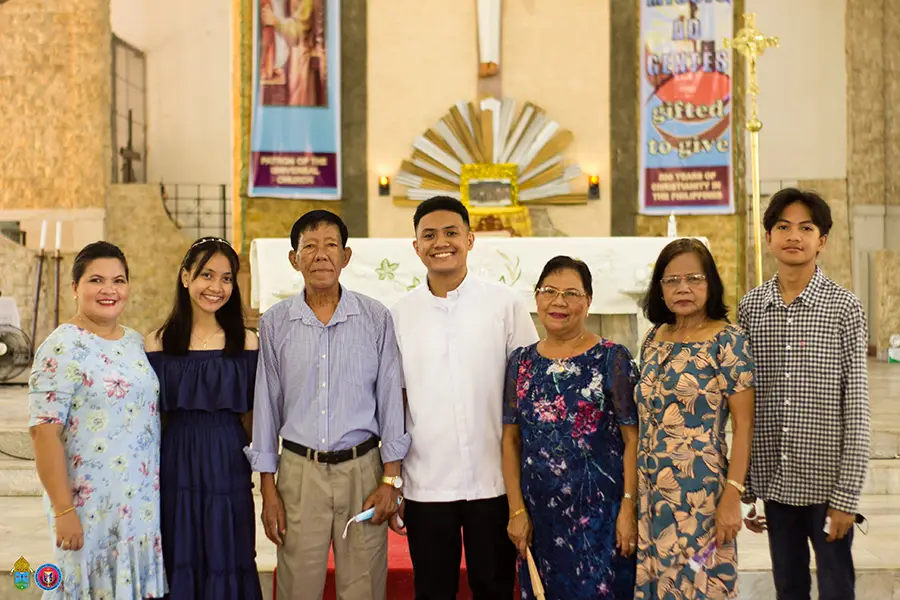Polish Bishop Praises Attitude of Mercy
77th Week of Mercy Lived Under Slogan: 'We are Called to Mercy'

Mercy is an attitude towards another human being, towards his needs, and more precisely towards his spiritual and material deficiencies, said Bishop Wiesław Szlachetka, chairman of the Charity Committee of the Polish Bishops’ Conference, on the occasion of the Sunday of Mercy on April 11, which begins the 77th Week of Mercy, lived under the slogan: “We are called to mercy.”
Bishop Szlachetka reminded me that the motto of this year’s Week of Mercy is based on the words of Christ written in the Gospel of St. Luke: “Be merciful as your Father is merciful.” “So this slogan is an implication of these words of Christ because they make it very clear that, as His disciples, we are called to mercy. And if we continued reading this Gospel passage, we will learn more precisely what it means to be merciful: Do not judge and you will not be judged, do not condemn, and you will not be condemned, forgive and you will be forgiven, give and it will be given to you. They will measure you with the measure you measure, ”emphasized Bishop Szlachetka.
Bishop Szlachetka pointed out that Poles as a nation have an important feature that distinguishes them: sensitivity to the needs of others, especially to the needs of those who experience difficulties and misfortunes. “We have an innate virtue of mercy in us, this is our good quality. This can be seen especially when some fundraising aid is organized for people affected by various misfortunes. You could say that the heart of the Good Samaritan beats in our hearts. And as the chairman of the Charity Committee of the Polish Bishops’ Conference, I would like to express my great gratitude for the realization of this beautiful virtue, the characteristics of Poles, this sensitivity to the needs of other people ”- he said
Referring to the current pandemic situation, Bishop Szlachetka noted that groups such as seniors, the homeless, medics, children, but also small entrepreneurs are particularly vulnerable to the negative effects of the pandemic. “Therefore, in March last year, when the pandemic broke out, Caritas Polska and diocesan Caritas took specific measures. Since mid-March last year, more than PLN 40 million has been collected from private, corporate, and state donors to help in the fight against Covid-19, and thanks to the help of 33 diocesan Caritas, it has been possible to recruit volunteers, raise funds and start a campaign, ”he said.
He emphasized that the data collected by Caritas Polska showed that during the pandemic, direct aid from Caritas Polska and diocesan Caritas was received by 251,000. people. This means that in total, the Caritas chain helped over 300,000 people in need in Poland because you have to add 50 thousand. people who received support from Caritas Polska. Those who received this help were mainly seniors, medics, and the homeless.
Bishop Szlachetka recalled that from the beginning of the pandemic in Poland, diocesan Caritas launched 182 local projects to counter the effects of the pandemic, while Caritas Polska launched 3 large nationwide aid actions for the duration of the pandemic: “Help for the elderly”, “Grateful medics”, “Help for children”.
“As part of the + Pomoc dla seniora + Caritas Polska campaign, we provided support to over 32,000 people. elderly people and 7 thousand. homeless people, involving over 2.5 thousand people in this help. volunteers. The total value of aid under this action amounted to over PLN 21 million,” he stressed. The second action organized by Caritas Polska during the pandemic was the one called “Grateful to medics”. Bishop Szlachetka explained that as part of this action, Caritas Polska donated in 2020 over 300 health care facilities, hospitals, social welfare homes, hospices, equipment, and materials worth PLN 12 million, including 105 respirators, 20 thousand. protective suits, over a million surgical masks, 1.2 million protective gloves, several specialized hospital beds.
Bishop Szlachetka noted that these actions were also joined by helping children during the pandemic. This assistance consisted in organizing and delivering the equipment necessary for distance learning. “Caritas Polska has provided children with over 400 portable computers as part of the + School bag full of smile + campaign. Caritas Polska also runs 2 scholarship programs for children, which are used by 500 students, ”he noted.
Bishop Szlachetka also emphasized the commitment of volunteers from the parish Caritas branches, but also from school and academic Caritas groups, which cooperate with diocesan Caritas in organizing and conducting many different aid actions. “There are a lot of these actions and at this point, I would like to express my gratitude to all the volunteers who are so committed to providing various assistance to those who need it, especially in the difficult time we are going through during the pandemic,” he said.
The chairman of the KEP Charity Committee emphasized that Caritas Polska also extends to other countries that are struggling with various problems, e.g. low level of economic development, lack of medical infrastructure, social security, and the consequences of unfavorable geopolitical conditions. “One of the largest aid campaigns is the + Family Family + program, which has been running since 2016. This program mainly covers families affected by the war in Syria, and from 2020 also families from the Gaza Strip in Palestine, and this year also families from Lebanon, especially Beirut, and Iraq were included in this aid program. It is worth noting that Poles donated over PLN 60 million for the implementation of this program. This impressive amount consists of payments in various amounts from 20 thousand. donors.
Bishop Szlachetka noticed that the Week of Mercy, established for the whole Church by St. John Paul II on the day of the canonization of St. Faustina in 2000, it is first of all so that “we would first reflect on the mystery of God’s Mercy that covers our lives, but also let us start praying for those who need this prayer. Prayer for our neighbors also falls within the scope of works of mercy and, of course, to the best of our abilities, to the measure of our hearts, they also took concrete help, especially this material help, surrounded by love. Because only then does mercy make sense if it results from love, as St. Paul in the famous Hymn to Love in the Letter to the Corinthians ”.
Related

“Highway to Heaven” Arrives in Rome: Carlo Acutis’ Musical Evangelizes with Art and Heart
Exaudi Staff
09 April, 2025
2 min

University of the Holy Cross: A Day on Lay Holiness
Wlodzimierz Redzioch
08 April, 2025
3 min

“Spain must preserve the faith it once transmitted to us”
Fundación CARF
07 April, 2025
7 min

He who is without sin, let him cast the first stone: Fr. Jorge Miró
Jorge Miró
06 April, 2025
3 min
 (EN)
(EN)
 (ES)
(ES)
 (IT)
(IT)

